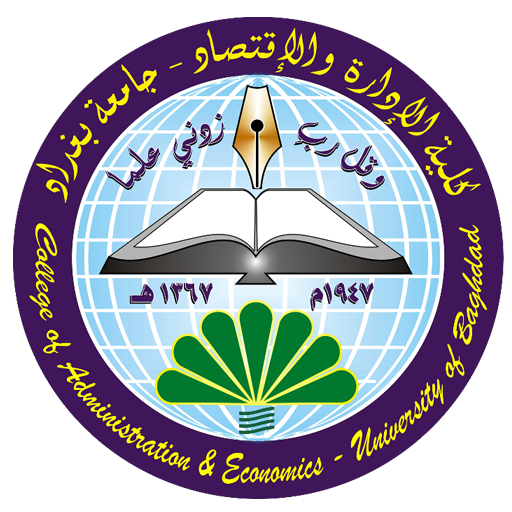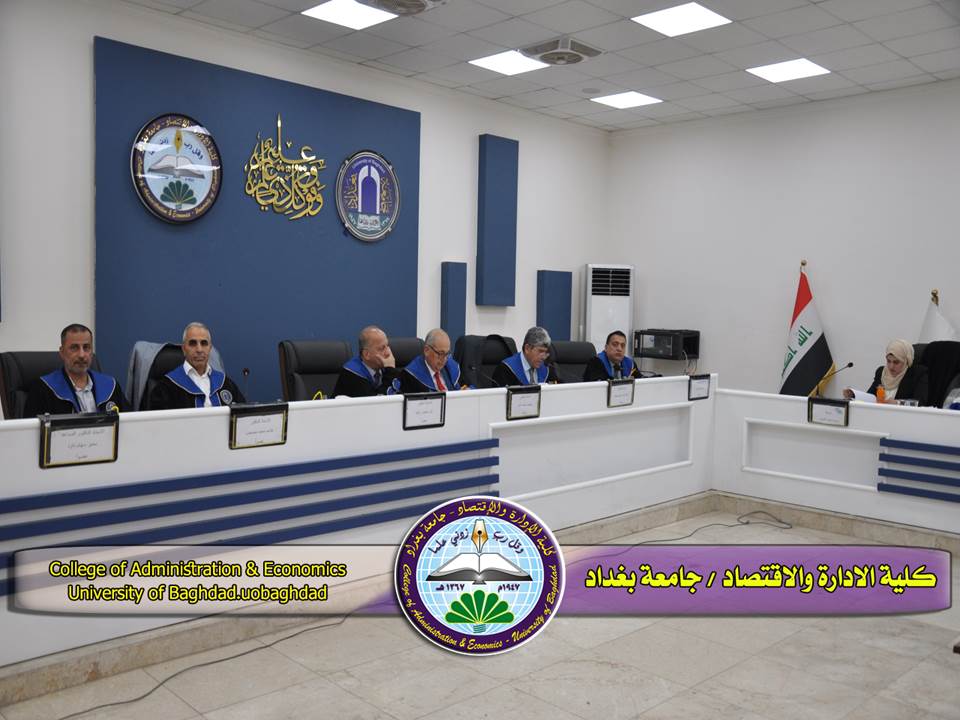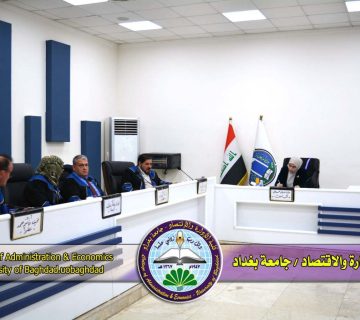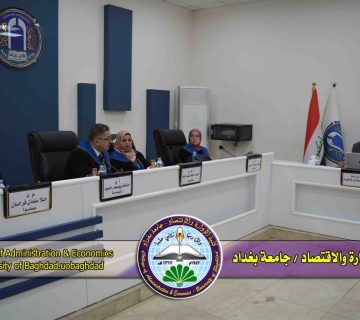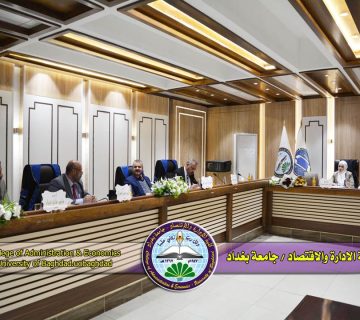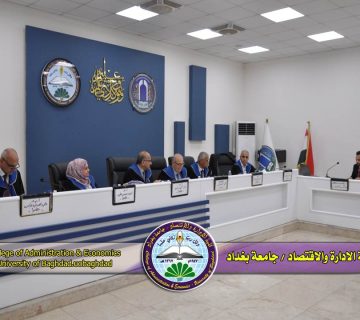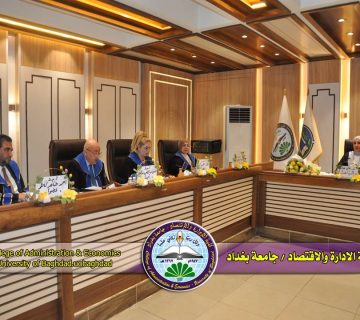The College of Administration and Economics at the University of Baghdad discussed, a PhD dissertation in field of Economic by the student ( Maryam Mahmoud Kadimi ) and tagged with (The Role of Foreign Direct Investment in Correcting the Productive Structure of the Iraqi Economy ) , Under supervision of (Prof. Dr. Sabah Nemah Ali )
The interest in the issue of foreign investment is increasing because it is one of the most powerful and effective phenomena in international economic relations, as it has become an effective role in international economic transformations, whether in terms of financial financing, marketing or technology. The nature of the economic policies followed in most developing countries during the second half of the twentieth century, which requires addressing structural imbalances, as the governments of developing countries were unable to keep pace with the rapid changes taking place in the international economic environment, which produced a set of developments that had to be contained to improve the local economic environments according to their data to contribute to mitigating the severity of negative external effects by focusing on improving the production structure by diversifying it, improving its quality and reducing its cost, which will have a positive impact on improving the structure of the labor force in its quantitative and qualitative dimensions, in addition to the positive impact on the structure of foreign trade in its two aspects, import and export. One of the most prominent economic problems that characterized and still suffer from developing economies is the problem of scarcity of local capital necessary to finance national investment, and the latter is the engine of growth and development. The desired in any country. The research aims to study the effectiveness of foreign direct investment and analyze its paragraphs in light of the weak contribution of the general budget in covering investment expenditures and reviewing the flows of foreign direct investment in some countries to be international experiences (Turkey, China, Egypt) and the extent of benefiting from those experiences to analyze the effectiveness of foreign direct investment as a method that can be used to study the reality of the Iraqi economy and show the structural imbalances in the productive sectors to determine a future outlook. The study assumes that foreign direct investment contributes effectively to correcting imbalances in the production structure due to its positive impact in contributing to raising the productive sectors and activating their role and confronting the challenges and chronic crises that cannot be faced or treated except through development efforts and on a wide range of economic activities and sectors in Iraq. It was also found during the analysis of the data of the structure of the Iraqi economy that there is a large imbalance in the percentage of contribution of economic sectors to the gross domestic product, as it depends mainly on the extractive industry sector, and suffers from a low percentage of contribution of other productive sectors. This imbalance in the composition of economic sectors and the focus on a specific sector resulted in the inflexibility of the production system, so the supply curve in Iraq became almost vertical, i.e. inelastic, which resulted in an imbalance in the composition of the commodity in the gross domestic product. Therefore, it is necessary to work to raise the contribution rate of the agricultural, industrial and service production sectors to the gross domestic product by supporting these productive economic sectors and giving them priority in order to build a strong basic base for them, such as focusing on strategic industries and investment projects that serve development and diversifying sources of non-oil revenues, such as raising the efficiency of tax collection and imposing new types of taxes to meet the needs of public expenditures and gradually reducing commodity support and benefiting from the available capabilities in Iraq, especially those in which the Iraqi economy has a comparative advantage, such as agriculture, industry and services.

